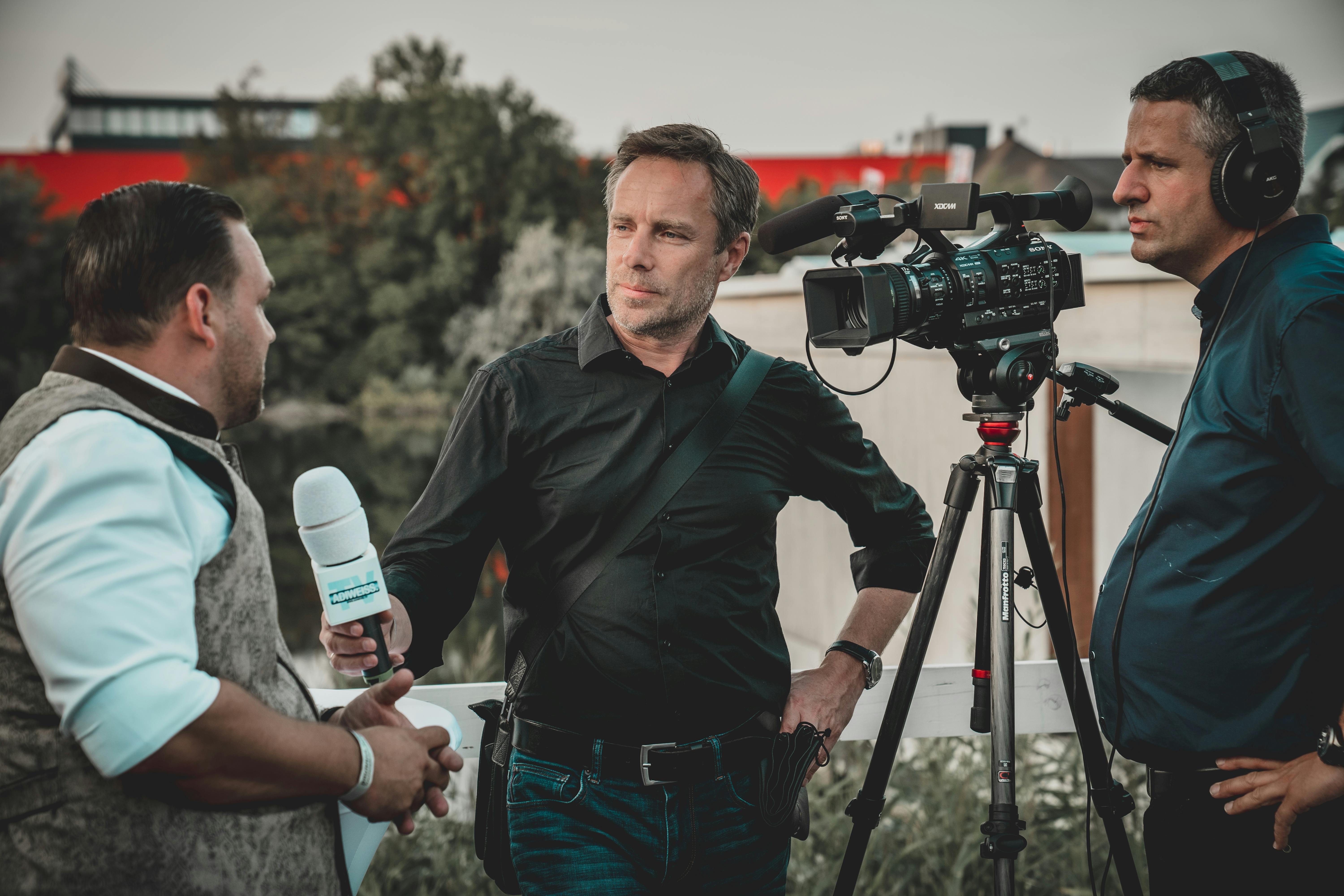Navigating the News Landscape: Understanding the Role and Impact of Media
In today's interconnected world, news media plays a pivotal role in shaping public opinion, influencing political discourse, and disseminating information. From traditional newspapers and television broadcasts to digital platforms and social media, the news landscape has undergone profound changes in recent years, presenting both opportunities and challenges for journalists, consumers, and society as a whole. In this article, we explore the evolving nature of news media, its impact on society, and the importance of critical thinking in navigating the information age.
The Digital Revolution:
The advent of the internet has revolutionized the way news is produced, distributed, and consumed. Digital platforms and social media have democratized the news landscape, allowing anyone with an internet connection to access information from around the world in real-time. While this accessibility has empowered individuals to stay informed and engaged, it has also led to the proliferation of misinformation, echo chambers, and filter bubbles, making it increasingly challenging to discern fact from fiction.
The Rise of Citizen Journalism:
In addition to professional journalists, citizen journalists and independent bloggers play an increasingly important role in shaping the news agenda. With the widespread availability of smartphones and social media platforms, ordinary citizens can capture and share news events as they unfold, providing unique perspectives and firsthand accounts of breaking news. While citizen journalism has democratized the news-gathering process, it also raises questions about credibility, bias, and journalistic standards.
Challenges to Media Integrity:
Despite the importance of a free and independent press, news media around the world face growing threats to their integrity and credibility. Political polarization, commercial pressures, and government censorship pose significant challenges to journalistic independence and impartiality. In an era of "fake news" and misinformation, it is more important than ever for media organizations to uphold rigorous editorial standards, fact-checking procedures, and ethical guidelines to ensure the integrity of their reporting.
The Role of Social Media:
Social media platforms have become primary sources of news for many people, with millions of users turning to platforms like Facebook, Twitter, and YouTube to consume, share, and discuss news stories. While social media offers unprecedented reach and immediacy, it also presents risks in terms of misinformation, algorithmic bias, and echo chambers. The viral spread of false information and the amplification of sensationalist content underscore the need for media literacy and critical thinking skills in the digital age.
The Importance of Media Literacy:
In an age of information overload, media literacy has never been more important. Educating the public about how to critically evaluate news sources, identify bias, and distinguish between fact and opinion is essential for fostering informed citizenship and safeguarding democratic values. By teaching media literacy skills in schools and promoting lifelong learning initiatives, we can empower individuals to navigate the complex and often confusing landscape of modern news media.
Conclusion:
In conclusion, news media plays a vital role in informing, educating, and empowering individuals in today's society. From traditional outlets to digital platforms, the news landscape continues to evolve, presenting new opportunities and challenges for journalists, consumers, and society as a whole. By upholding principles of integrity, transparency, and accountability, and by promoting media literacy and critical thinking skills, we can ensure that news media remains a cornerstone of democracy and an essential tool for fostering an informed and engaged citizenry.


Comments
Post a Comment